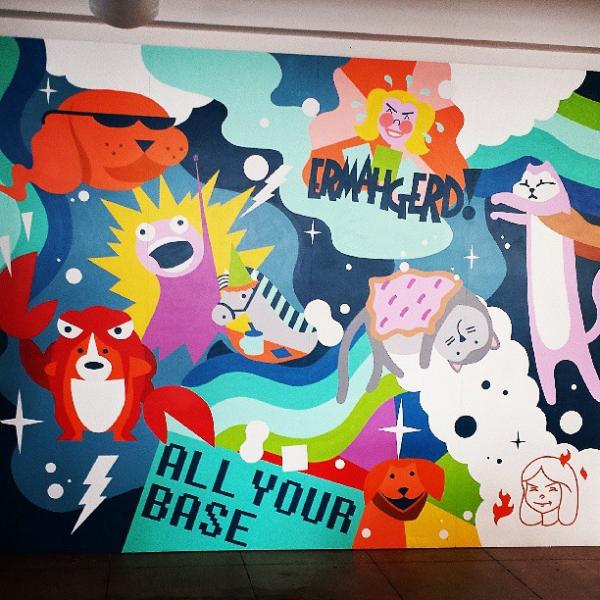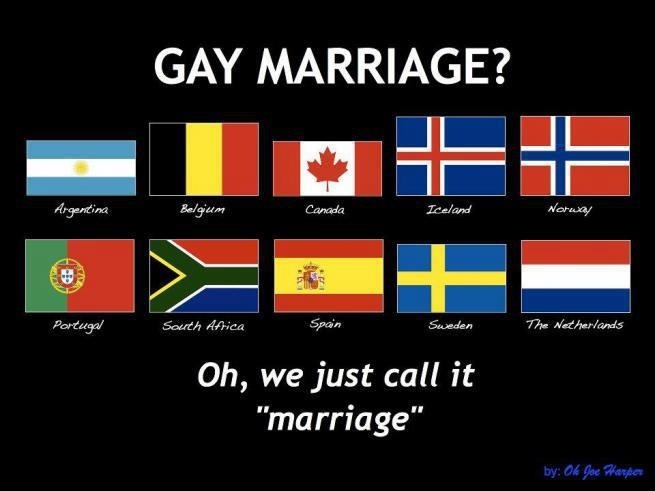Memes: The Death Or Salvation Of Society?

Now do I have your undivided attention? This particular phenomenon has taken the world by storm, with hundreds, if not thousands, of new internet memes being created every day.
But while we may find them funny and entertaining, especially on a lunch break at work, are we aware of the effect that they are truly having on us and our society?
You may be wondering how I can say this with such conviction. It is because I was a part of bringing shitposting, doge, the emoticon “:^)”, as well as a new breed of memetic humor to a sizeable portion of internet society. In other words, I was part of creating the monsters that I hold in contempt now.
To get a further understanding, let me take you back to December 2012, whenI became the co-owner of one of the most popular and influential pages in Facebook history.
On Facebook, a sort of “community” exists, where various sociological subgroups with similar interests and hobbies come together, sort of like a virtual society. Through some friends in this community, I was made co-owner of [Autistic Humor], the page in question.
[Autistic Humor] had absolutely nothing to do with autism. Rather, along with similar Facebook pages such as Welcome to the Internet or See more, the page featured content that our twenty or so page administrators, including myself, found entertaining. We focused on humor that was out of the ordinary: humor that people would not find funny at first, otherwise known as "ironic humor" or "meta humor."
By posting content that featured well-known characters such as Shrek and Sonic the Hedgehog alongside content we said was supposed to be funny, we were able to capture the attention of our fanbase and influence their perceptions on what "funny" was. We even made fun of "conventional memes," such as those found on 9gag and Reddit, which, unbeknownst to us at the time, was a meme in and of itself. We also had a segment on the page called “daily doge” where we would post a photo of a dog every day, along with many instances of the now-popular doge meme. I had noticed that the comments on those photos were somewhat discouraging to look at, as 90 percent of the comments simply said "doge."
We also "shittposted" a lot, by purposefully misspelling words and spouting incomprehensible gibberish. All of this caught on with people, fast. [Autistic Humor] rose in popularity faster than any of us administrators had anticipated. As co-owner of the page, I was heralded as a trendsetter and a visionary by my friends who were also fans of the page.

Quoting memes in those situations is an example of “shitposting,” which is defined as making posts or comments that fail to be constructive or do not provide any useful contribution to an online discussion. When people attempt to derail online conversations with inane and incoherent babble, they are not contributing to society as they hinder its progress with their sophomoric attempts at comedy.
Even when shitposting is not an issue, you still see people quoting memes in a kneejerk reaction to whatever they see, as if they are sheep being led to the slaughter of their logical capabilities, usually ending their half-hearted attempts at humor with the emoticons for laughter, "xD," "XD," "Xd" or "xd."
SEE ALSO: Cat Walks Red Carpet At World Premiere Of Meme Documentary ‘Lil Bub and Friendz’
Richard Dawkins, who coined the term "meme," has defined it as follows: "A cultural item that is transmitted by repetition in a manner analogous to the biological transmission of genes."
The key word here is "repetition." As with any joke being repeated enough times, it becomes overused and the comedic element wears off, as the page’s content did on me. The page no longer exists, but its influence still remains throughout the internet. In hindsight, I do regret posting everything that I did; but I do not regret running [Autistic Humor], as I have met many people and made new friends, as well as learned the science of memes. To put it simply, it was a necessary phase, and now, thankfully, it is over.
So, what of the memes that have pervaded our society? They have saturated internet culture and thus become a part of it. For those still wondering, I am not saying that we should stop creating memes, for people are free to choose what they consider funny and not funny. I am merely documenting my observations and critiquing where necessary.
I have often, somewhat jokingly, pondered the future of our society with regards to memes. Will it ever come to a point where we will incorporate memes into our everyday vernacular on a global scale? Are memes a deadly virus that is slowly, but surely spreading throughout our society, killing it in the process? Or, will memes be a benign force for humanity, providing understanding to a society that is gradually altering its thought process as the internet becomes more prevalent in our daily lives?
The answer is quite simple, albeit clichéd: only time will tell. Like it or not, memes are changing this world, as they rain “LOLcats” and “doges” on the internet populace and thus have persuaded society that they are here to stay. So why not use them for constructive purposes that will benefit humanity and contribute to the progression of our culture, instead of its regression? As Fruzsina Eördögh of The Daily Dot writes in her article "The future is in the memes":
"Memes now influence how we talk about politics, human rights, gender, prejudices involving homosexuality and race, and even how we deal with rape." The following meme about gay marriage is a great example of how to use memes in a way that inspires positive change:

Reach Contributor Arash Zandi here. Follow him on Twitter here.



